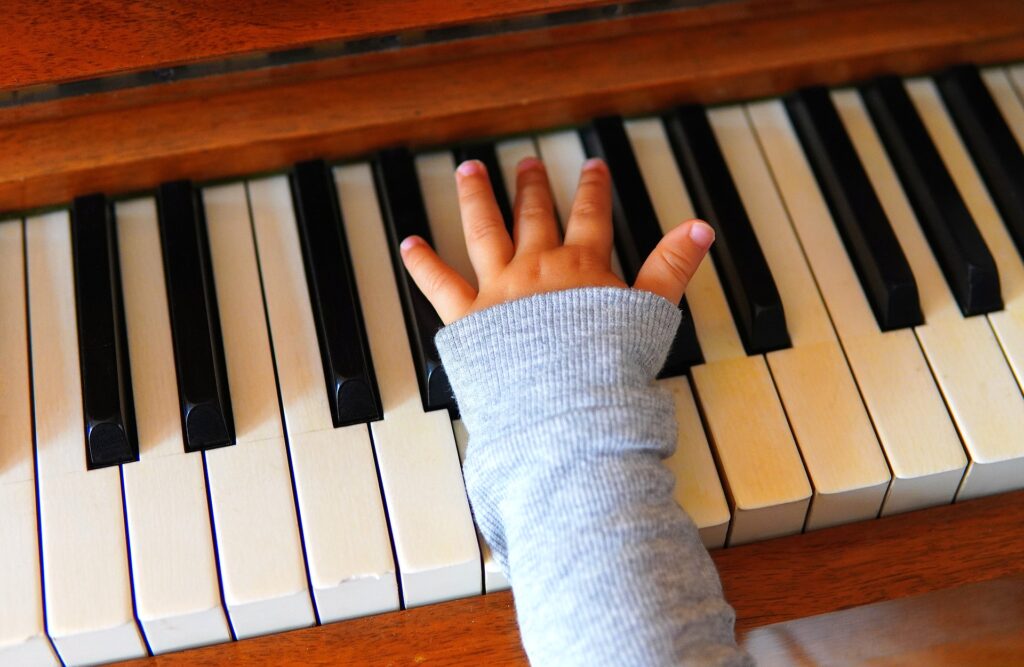Piano Lessons, Uncategorized
Top 10 tips on choosing a great piano teacher
Are you looking to enroll your children in piano lessons? Or do you want to learn a new set of skills that you could use to impress your friends? Either way, learning to play the piano is a millennia-old tradition that is respected and revered by many members of society. You’re never too old or too young to learn to play the piano, and with patience and drive, you’ll become the next Mozart in no time.
Below, we provide you with the top 10 things to consider when choosing your piano teachers in London or anywhere in the world. This can also apply to selecting any type of music teacher.
Trust your instincts: Music is a form of self-expression, very similar to art (in fact, it is a form of art). That’s why it’s important to follow your gut and let your feelings guide the way.
Get to know the teacher first: Arrange an initial consultation or just a coffee to see what the person is like. If you’re enrolling your child, let the teacher and child have a conversation to see how they get along. You’ll be spending a lot of time with your teacher, so it’s important to establish an appropriate level of personal connection before embarking on an educational relationship.
Let your child speak: This tip is specifically reserved for those seeking a teacher for their children. It’s important to let your child take the lead, after all, the teacher will be theirs. You want to minimize the risk of your child changing their mind later because they feel you forced the teacher on them.
Is the teacher interested? A good teacher will always listen to what you have to say, is patient, and generally has experience working with students of any level.
Let the teacher demonstrate their level of skill: A piano teacher needs to know how to play the piano, this is obvious. If convenient, ask them to play a song or a short excerpt. You’ll quickly learn what they’re like by listening to their music.
Sense of humor: This is especially important if it’s for your children, but it’s also important if it’s for you. A tutor with a sense of humor will keep you entertained and build a good relationship with their students.
Rigor: Many piano teachers are very strict and hard on failures. Depending on how you want to approach learning your skills, a strict teacher may be useful, but most of the time, it will be destructive to the learning process.
Ask for a trial: You can talk to the teacher all day and learn a lot, but you’ll never learn as much as applying and testing directly. Having a trial will also help determine if piano lessons are right for you.
Does the teacher want your money or really love teaching? Most teachers fall somewhere in the middle, but the ideal teacher should be more focused on improving your skills. Music teachers usually enroll in the profession out of passion and opportunity, so this isn’t a difficult quality to find, but many are also overshadowed by greed which is destructive to the learning process.
Avoid stubborn and self-obsessive characteristics: Like rigor, a teacher who is stubborn or too obsessed with their own personal achievements will not take your skill anywhere. It’s okay for a teacher to be proud of their achievements, but if they spend all day talking about it, they’re probably more interested in keeping you informed about their life than teaching you any piano skills.
This list is designed to fit the general objective of those seeking a piano teacher in London or anywhere in the world. If your goals are to enroll in a high-performance environment, piano lessons with teachers with high merits will be vital. If your goals are to learn a new skill casually, then making sure to have a personal connection with your teacher is a priority, as most people find they quit piano lessons because they hated their teacher and don’t

